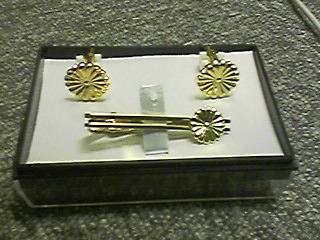A few days ago I discussed the US State Department/Lenovo deal and the theoretical security implications that have led some congressmen to get rather hysterical about the whole thing. Since then, the story has only grown, being featured on the front page of the BBC News site, among others. The BBC piece mentions the following.
The State Department is spending about $13m (£7m) on the Lenovo computers, which are assembled at factories in North Carolina and Mexico.
Mr Carlisle added that the circuit boards are originally made in US ally Taiwan, and not mainland China.
According to an article on Dailytech.com, computers assembled entirely outside of the PRC are in fact “an oddity in the PC manufacturing business.” They go on to say:
If US companies are intimidated by probes of the USCC, such probes could be easily applied to virtually every PC manufacturer in the US: Intel motherboards are built by Taiwanese Hon Hai Precision Industries from facilities in Shenzhen; Acer components are built by component manufacturers in Shanghai; Dell PCs are assembled in factories in Suzhou and Shanghai. The same spokesperson went on to say “We [Taiwanese manufactures] do more work in China than we do anywhere else in the world. I don’t even want to think about what would happen to our US clients if we got a USCC probe.”
CDW Government, the company originally contracted to fill the orders for the US government also carries several brands that are assembled in the PRC including Acer, BenQ, D-Link, HP, Sharp and Toshiba.
Really, this entire minor uproar is at best absurd and at worst moronic and insulting. In my previous post I briefly discussed some theoretical ways in which the Lenovo PCs could be bugged, but I don’t in fact believe that there is any more of a real security risk in purchasing Lenovo computers.
Various PC components are manufactured all over the world. Here’s a brief listing off the top of my head of country of manufacture labels that I have personally seen on hardware that I have owned and used.
Hard drives: Japan and Thailand
CPUs: AMD, Germany Intel, Singapore, Malaysia
RAM: Korea, Japan, Germany, Taiwan
Motherboards: Taiwan, China
LCD Panels: Korea, Japan, Taiwan
While this absurdity may not go anywhere, Lenovo may have far more serious problems down the line, of a non-political nature.

 Just as it starts to warm up, poor Environment Ministress and mother of Cool Biz Yuriko Koike has
Just as it starts to warm up, poor Environment Ministress and mother of Cool Biz Yuriko Koike has  This article and the discussion on “
This article and the discussion on “


